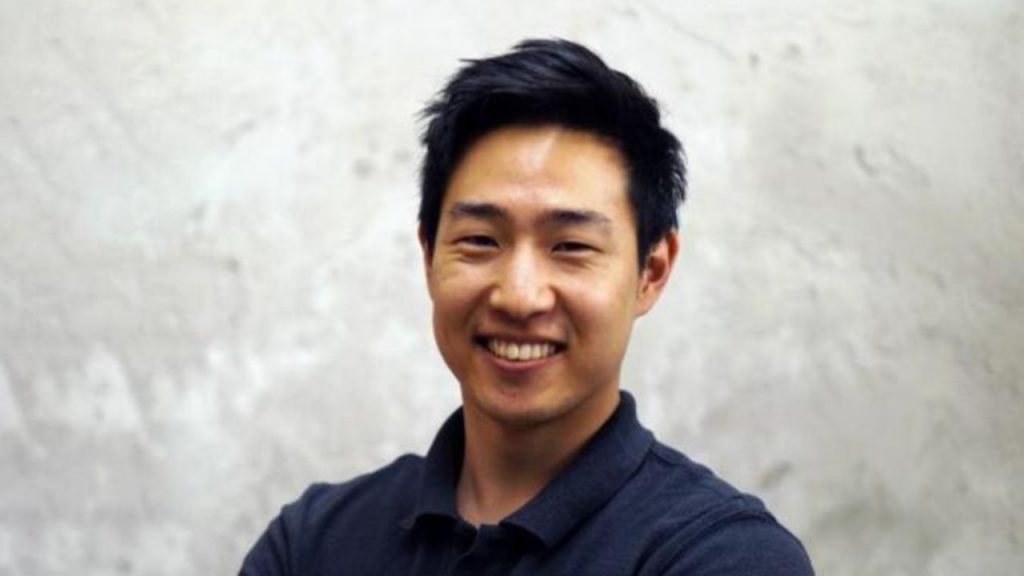There is hope if you’re currently feeling left behind. Efficient learning methods can give you a life-long competitive advantage.
Learning is incredibly complicated! There are more resources than ever to manage (information overload, yikes!) and complex assessments you’re expected to pass. Remote learning and work environments add another wrinkle, especially if you struggle with distractions and time management.
If you’ve felt worse about your ability to learn after trying to use study hacks found on the internet, you’re not alone. Quick-start study guides and tips nearly always add to the frustration because they don’t address the root causes of whatever is holding you back.
Whether you want to become a better student, move up in your career or simply get more efficient at crossing items off your to-do list, there are better ways to overcome your individual learning obstacles so you can achieve your potential.
You don’t have to be at the mercy of your circumstances
“If you’re not mastering a subject, don’t give up! Experiencing repetitive failures isn’t a reflection on you, it’s a reflection of the study methods you’re using,” states former medical doctor and full-time learning coach Justin Sung, MBChB, an internationally published learning consultant. “Studying isn’t the same thing as learning. Studying without learning is a waste of time. It creates issues and robs you of future opportunities in life.”
Most people don’t understand what’s possible in terms of their own control. “If you’re having ‘one of those days’ when nothing is sinking in, and you don’t know why or what to do about it, you’re effectively at the mercy of your mood, your environment, or other circumstances,” explains Sung. “For example, you can be the most efficient learner in the world, but if you procrastinate or you can’t tolerate making mistakes, you’ll never get anything done.”
Sung says the scientific approach is to understand root causes and variables. “The life-long solution is going through the process of understanding why a learning obstacle occurs and figuring out a personalized strategy for addressing it, introducing real control. This doesn’t mean you’ll be 100% every day, but it does mean you’ll be the best version of yourself, with a higher level of control. Conversely, unless you address what’s getting in your way of learning, no solution will work.”
For example, if you’re easily distracted, record your obstacles then experiment with solutions. “If it doesn’t work the first time, take it as data and see what modifications you can make, so eventually you’ve solved it while also learning more about yourself and your tendencies. This way, issues are fixed slowly at first, but exponentially faster over time.”
Learning is more than memorization. Use other strategies.
If you’re getting poor results despite investing countless hours studying, the solution is understanding how the human brain works. “Once you understand that, you can see exactly how the time you spend studying translates into results,” explains Sung, who now serves as Head of Learning for iCanStudy, an international educational organization teaching research-based learning systems and best-practice methodologies to thousands of learners from adolescents to experienced professionals in more than 120 countries.
He describes the four stages of learning to learn:
- Unable to learn efficiently, but don’t even know it.
- Know which parts aren’t efficient, but don’t know how to improve.
- Know how to do it efficiently, but it takes effort.
- Able to do it efficiently as a habit.
“Learning is not rote memorization. We teach how to do the right processes, at the right time, in the right way, at the right quality to encode knowledge so you hold onto information for longer and you can retrieve it at a high level of mastery. That knowledge can be manipulated based on why it’s needed. There are numerous techniques for doing this.”
Sung stresses you should always aim for your personal best, not perfection. “Perfectionism can sometimes stop us from getting started. Instead, aim for your best usage of a particular technique, or your best effort at a certain task.”
Creating your personal recipe for life-long learning success
“iCanStudy is focused on creating a lifelong impact by helping people discover how their brains work. What does the science say? There are very few people who approach productivity and learning from this perspective. Our approach takes time because a lot of this process will be about figuring out what doesn’t work for each individual.”
He continues, “This training creates more self-awareness and self-management. People learn to follow a decision-making recipe that will lead to certain outcomes. It’s a level of detail and precision not taught anywhere else.”
Sung says this intensive program is very transformative. “It’s not always comfortable because people are addressing the core issues. Nor is this something you can spend 10 hours doing on a weekend and you’re done. But, a lot of people really find it fun and refreshing.
“Once they reach a high state of mastery, they’ve solved their learning obstacles for the rest of their lives. Learning becomes incrementally easier over time.”
For additional information or to enroll, visit https://icanstudy.com/. For technical information explaining the research behind the methodologies in the course and how it has been applied to transform learning capabilities, visit https://icanstudy.com/how-it-works.
